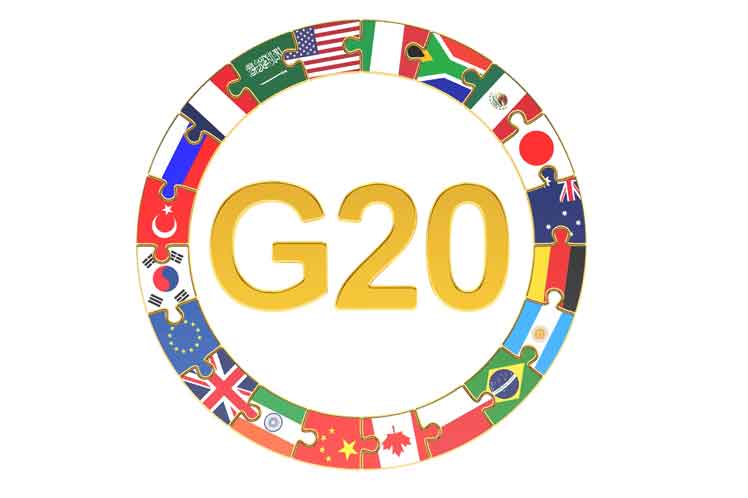Speaking virtually at the Group of 20 Finance Ministers and Central Bank Presidents Meeting in Jakarta, Guzmán said the global solution to address the fiscal challenges arising from digitalization of the economy is an important step in the action of tackling one of the worst economic problems: tax avoidance.
In this sense, he explained that the work carried out in the development of the technical details of the solution will be crucial for its effectiveness and insisted on the need to ensure transparency in the methodology and in the information used to evaluate the fiscal impact of the global solution.
This, he said, will provide the certainty that each jurisdiction will have a valid and up-to-date tool for such evaluation, before and during its implementation.
During his intervention, the head of the Economy referred to the technical specificities related to the commitments to refrain from taking unilateral measures and possible procedures to submit to mandatory and binding dispute resolution mechanisms that are still pending definition.
On the other hand, Guzmán delved into the issue of crypto assets, and stressed that “we agree on developing a framework for gathering information that guarantees full compliance with tax obligations.”
During the meeting, the representatives of the G-20 discussed the challenges facing the international financial architecture and highlighted in a statement the progress made in reviewing the surcharge policy of the International Monetary Fund (IMF).
The Group of 20 also called on the IMF to establish a Resilience and Sustainability Trust Fund (RST) for the 2022 Spring Meetings.
The G-20 is made up of 19 countries plus the European Union. The member states are: Argentina, Australia, Brazil, Canada, China, France, Germany, India, Indonesia, Italy, Japan, Mexico, Russia, Saudi Arabia, South Africa, South Korea, Turkey, the United Kingdom and the United States.
ef/rgh/may










